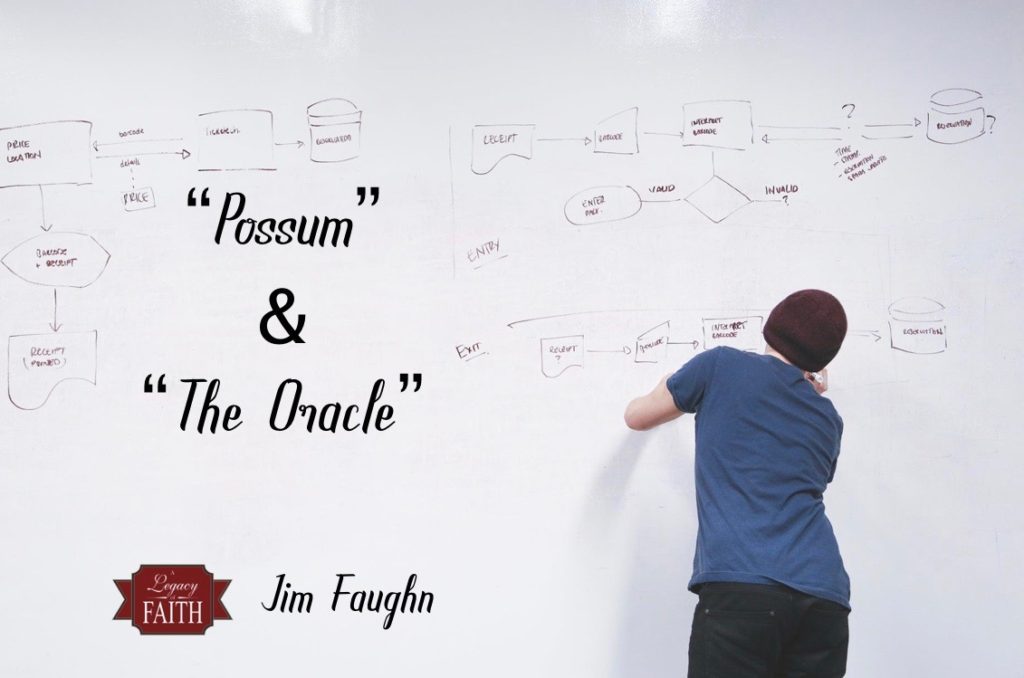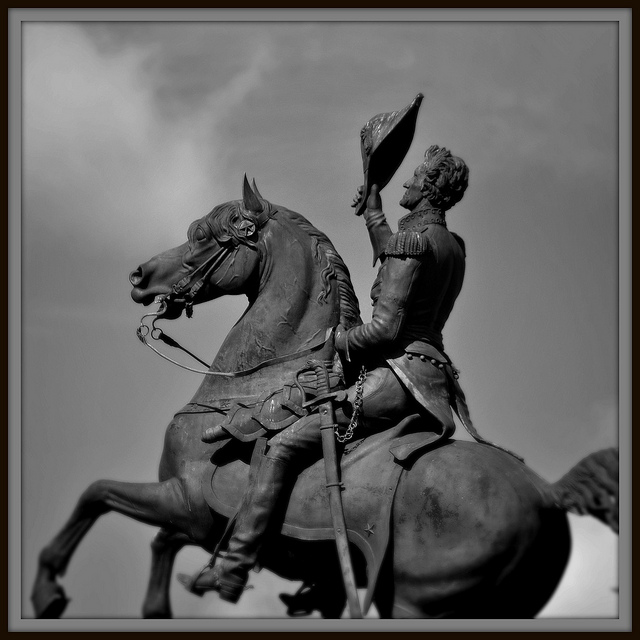“Possum” and “The Oracle”

What in the world would George Jones and Warren Buffett have in common? A country singer who some called “Possum” and a wealthy investor looked upon by many as “The Oracle of Omaha” probably appear to be from two very different worlds, but one of the singer’s old songs and recent news about the CEO of Berkshire Hathaway actually do have something in common.
In 1985, Jones recorded “Who’s Gonna Fill Their Shoes?” The song basically raises the question about where the next generation of country music stars will come from.
On February 22nd of this year, Mr. Buffett’s annual letter to the investors of Berkshire Hathaway addressed his age and the age of his “right hand man,” Charlie Munger. Mr. Buffett is eighty-nine years of age and Mr. Munger is ninety-six.
Part of what Mr. Buffett wrote in his letter was meant to reassure investors. The letter, in part, said, “…Berkshire shareholders need not worry: Your company is 100% prepared for our departure.”
These two men, George Jones and Warren Buffett seem to have at least one thing in common. There was some thought given to the future.
However, there also seems to be a major difference. The song appears to only wonder about the future. Mr. Buffet seems to have taken steps to prepare for it. It seems to me that a failure to prepare for the future and only wonder about it affects every aspect of our lives.
How many businesses have prospered for a while, but have failed because of a failure to prepare for the future? I know that, in my hometown, the “main street” has a lot of buildings where furniture stores, clothing stores, department stores, etc. used to be. Could it be that some people failed to give much thought to the future?
Do you know of any families in which the commitment to the Lord has diminished or disappeared from one generation to later generations? Could part of the reason be that those early generations merely wondered about the future instead of planning for it? Could it be that they did neither and just “rolled the dice?”
How many empty church buildings are in your community? Again, could that be caused by how leaders of previous generations prepared or did not prepare for the future?
Please consider these statements from our Lord as recorded in the New King James Version:
Therefore do not worry about tomorrow, for tomorrow will worry about its own things. Sufficient for the day is its own trouble. (Matt. 6:34)
For which of you, intending to build a tower, does not sit down first and count the cost, whether he has enough to finish it? (Luke 14:28)
Isn’t there a sense of balance in those two statements? Is it not true that Jesus wants us to make proper preparation for what the future could hold, but to not spend our time worrying about that, or, on the other hand, being so arrogant that we leave Him totally out of the equation?
The Holy Spirit inspired James to pen the following words that seem to address this balance:
Come now, you who say, ‘Today or tomorrow we will go into such and such a town and spend a year there and make a profit’ – yet you do not know what tomorrow may bring. What is your life? For you are a mist that appears for a little time and then vanishes. Instead you ought to say, ‘If the Lord wills, we will live and do this or that. (James 4:13-15, ESV)
A long time before that, Solomon was inspired to write:
Trust in the Lord with all your heart,
And lean not on your own understanding;
In all your ways acknowledge Him,
And He shall direct your paths. (Prov. 3:5-6)
Neither “Possum” nor “The Oracle of Omaha” has all of the answers. Not a single one of us does. That’s just one of many reasons why we should listen to the One who does.
You’ve probably heard (or said) this before, but it bears repeating:
I don’t know what the future holds,
but I know who holds the future.
—————————————————
To Receive Every Article from A Legacy of Faith through Email for Free, Click Here
AUTHOR: Jim Faughn


